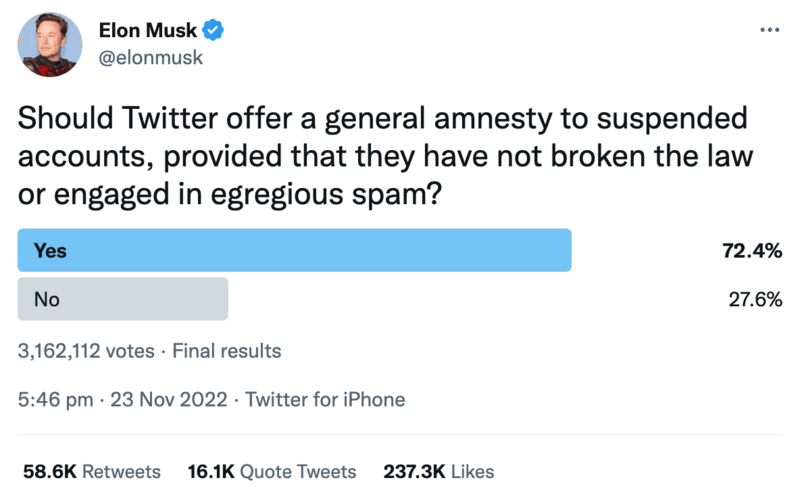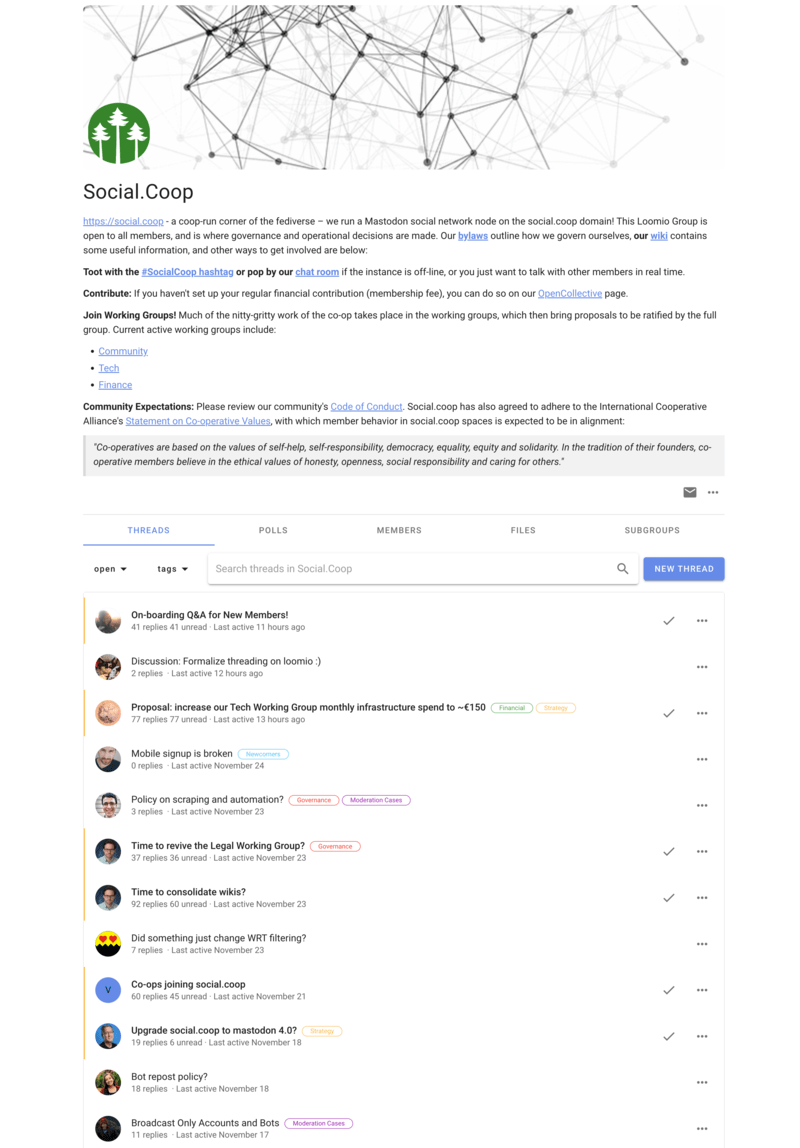Weeknote 47/2022

I’ve watched more hours of football than I’ve done (paid) hours of work this week. Given that it’s the first week of the FIFA World Cup, and that both my kids play football for more than one team, this is how it should be, I think?
In addition, I’ve also written three posts here, which used to be absolutely normal but it now a bit rarer. I think the reason for this is that they’re all related to federated/decentralised social networks in one way or another:
On the work front, I ran an online workshop for the first time in a while for national governing bodies which fall under the auspices of Sport England. The focus was on working openly, something we’ve got some badges for that anyone can earn. Anne and I will be running the workshop again next Tuesday for those who couldn’t make it.
We’re moving into a new phase with the digital integration project for which WAO, Happy Porch, and Common Knowledge are helping Wellbeing Economy Alliance. After doing some user research, we’re getting started with the digital strategy part of it, and will begin this by John and I running (virtually) an in-person session for the 12 members of the team. It won’t be without its challenges, but we’ve got a plan and people in the room who can help.
The rest of my work with other clients is with Laura, within whom I always enjoy collaborating. On top of our work for Participate, Greenpeace, and Passbolt this week, we recorded a podcast episode with Mark Otter and Julie Keane about Communities of Practice and social learning. We also did a bit of planning for our WAO in-person meetup in January just north of Amsterdam.
I published a few posts over at Thought Shrapnel but not enough that I had enough to put out a newsletter today. Instead, given it’s not December 1st until Thursday, I’ll send it out next week:
- Richard Hammond’s near-death experience
- Some tips for adding winter cheer
- Convivial social networking
On Friday, I was supposed to appear on the LernXP podcast, but I had to postpone due to being scheduled to have a smart meter installed. The electricity would have had to be turned off, so I cancelled my meetings. In the event, the engineer didn’t turn up, but I had an enjoyable morning working in a coffee shop.
In the afternoon I had a chat with Ivan about Bonfire. There’s not much for me to do or help with on the project at the moment, as Ivan and Mayel get their heads down and things ready for a v1.0 in the new year. It’s exciting times for the Fediverse, as both Flickr and Tumblr are reportedly integrating ActivityPub (the protocol that underpins everything) with their sites.
Next week, with three weeks of work left before the Christmas break, I’ll be making sure clients are invoiced, that everything we said we’d get done before 2023 is on-track, and that I keep my routines going until the last. Work is harder once you get on the festive hedonic treadmill.
Photo of me taken last weekend and used to update my profile picture everywhere. The previous one was five years old and, well, I’m not in my thirties any more…


